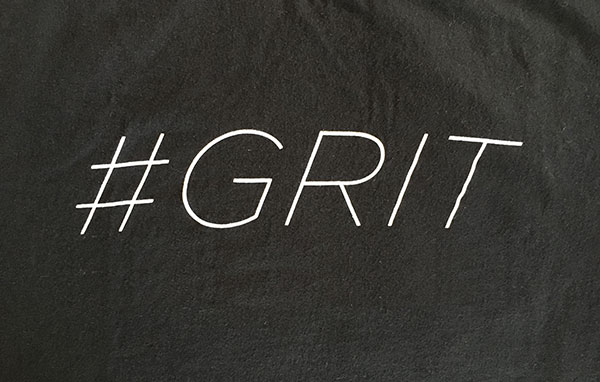I recently sat in a restaurant with my family and carefully watched the table next to me. The couple had ordered wine before their meal and looked upset. When the employee taking care of them came back to the table, one of the customers said, “This doesn’t taste good, can we have something else?”
The employee worked with them on a choice, and a few minutes later, brought over a different wine option, then walked away. Upon tasting this latest choice, one of the customers said, fairly loudly, “This tastes terrible.” At that point, my 8-year-old child noted their behavior and asked me about it. She was surprised that they would send wine back at all, much less twice. She described their reaction as “not nice.” I agreed.
I began wondering how the employee would react when she came back to the table. Would she get defensive? Upset? Or just battle her way through it?
When she arrived again, the couple reiterated that the wine was “terrible,” and it was decided that beer would be a better choice. At no point did the employee get visibly upset or flustered, although I’m sure some things were stirring inside her. I bet her heartbeat was elevated and she had chosen some words that she would like to say to the couple. Even the greatest customer service employee reacts to a tough customer or tough situation. It’s how you battle through it and recover that matters most.
In this case, the employee gritted through the situation. She accepted the feedback, brought the beer, and graciously kept servicing the table at a high level. She could have reacted poorly, had an outburst or done something that would have upset the customer or even put her employment in jeopardy. Instead, she showed grit in the face of adversity.
I see this every day in my teams. An employee will have a tough call, and tell me about it with a smile. That’s grit. Or she’ll talk about how she could have done better to prevent it from getting escalated to her manager. Pure grit.
I’ve also seen new employees cry their way off the floor because a call was too tough or too personal. That doesn’t mean they don’t have grit. What happens next does – if they come back to the floor with a smile and determination, you’ll know they have grit. It’s not always the reaction to adversity you need to look for, but the recovery. Some of my best employees have to walk away after a tough call. Even I do. But we come back, do it again, and keep delivering at a high level. That’s grit.

